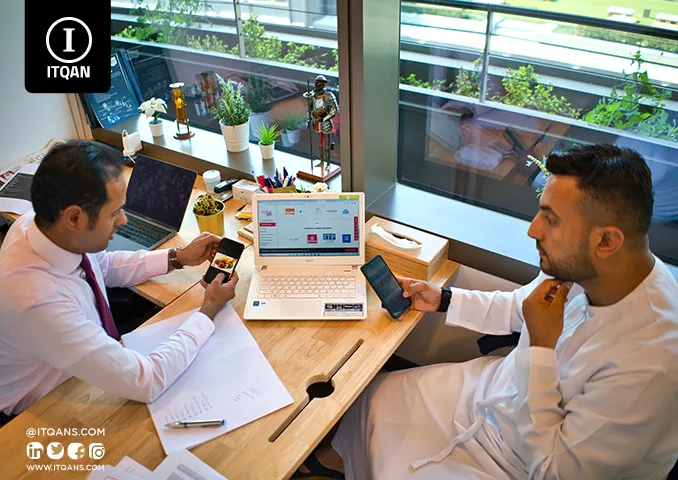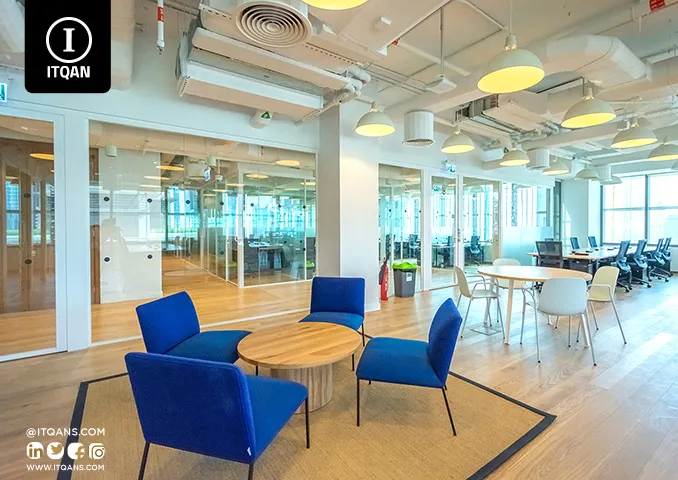Business Setup UAE: Starting an Import-Export Business in Dubai
Thinking about launching an import-export company in Dubai? Business setup UAE is a lucrative option for entrepreneurs looking to enter the international trade market. With its strategic location, world-class infrastructure, and investor-friendly policies, Dubai has become one of the best destinations to establish an import-export business. This guide outlines every step you need to take to get started efficiently.
Why Choose Dubai for Your Import-Export Business?
Dubai is a key global trading hub that connects the East and West. Entrepreneurs benefit from zero income taxes, a simple visa process, and highly developed logistics infrastructure. The city offers streamlined processes for business registration and trade licensing, making it easier to start a company in UAE comparatively quickly.
Step-by-Step Process for Business Setup UAE
Setting up your import-export firm in Dubai involves a well-defined process. Here’s a closer look:
1. Select Your Business Activity
Your import-export business activity must align with your trade license. There are different categories—general trading, specialized trading, and logistics. Be precise with your selection during registration.
2. Choose Between Mainland and Free Zone
You may opt to start a company in UAE under the mainland or a free zone jurisdiction:
- Mainland: Suitable for those targeting the local market or seeking government contracts.
- Free Zones: Offer 100% foreign ownership, customs privileges, and minimal taxes.
Read our detailed guide to opening a company in Dubai for further clarity.
3. Reserve a Trade Name
Choose a trade name that aligns with your business activity. It must be unique and comply with the UAE’s naming regulations. Once approved, the name is reserved for your use.
4. Apply for Initial Approval
Before proceeding with legal documents, obtain initial approval from the Department of Economic Development (DED). This clearance confirms that the government has no objections to your business idea.
5. Draft and Notarize the MOA
The Memorandum of Association (MOA) outlines the ownership shareholding and operational structure. Notarizing this document is mandatory for mainland businesses.
6. Secure a Physical Office Space
Every Dubai-based business must lease a commercial office space. The DED requires a tenancy contract (Ejari) to process your trade license. Free zones typically offer flexi-desks or physical offices.
7. Apply for Import-Export Code
To trade across borders, you must register with Dubai Customs and obtain an Import-Export Code. This is essential for customs clearance procedures.
8. Obtain Your Trade License
Submit all documents—MOA, tenancy contract, initial approval—along with the trade license application to the licensing authority. Once approved, you will receive your official business license.
9. Set Up a Corporate Bank Account
Choose a bank in Dubai that caters to international business. Opening a corporate account is necessary for invoices, global remittances, and business operations.
10. Begin Trading Activities
Once your license and bank account are ready, you’re set to begin your import-export operations. Connect with international suppliers, ensure compliance with customs regulations, and initiate shipments.
Advantages of Import-Export Business Setup in UAE
Establishing an import-export business in Dubai opens doors to multiple advantages:
- Global Connectivity: Access to over 200 markets via ports and airports.
- Free Zones: Benefit from tax-free policies and full profit repatriation.
- Skilled Workforce: Availability of multilingual and experienced professionals.
- Business-friendly Regulations: Transparent legal framework and efficient licensing systems.
Understanding the Costs of Import-Export Business Setup UAE
Costs can vary depending on location (free zone or mainland), type of license, office space, and visa requirements. Typical expenses include:
- Business license fees
- Visa and Emirates ID costs
- Customs code registration fees
- Office lease or flexi-desk rental
Documents Required for Business Setup
Prepare these essential documents to streamline your application:
- Passport copies of shareholders
- Visa and Emirates ID (if applicable)
- MOA and tenancy contract
- Initial approval certificate
Licensing and Custom Clearance
After securing your trade license and customs code, it’s important to ensure all shipments comply with the UAE’s import-export laws. Each item must be declared, and appropriate duties paid unless you are in a free zone.
Tips for a Smoother Start
To give your company a strong start:
- Research Product Demand: Focus on high-demand products for faster ROI.
- Build Reliable Partnerships: Strategically align with trustworthy suppliers and freight agents.
- Automate Processes: Use ERP or CRM tools to manage trade operations efficiently.
Legal Compliance and Renewals
Renew your trade license annually and stay updated with evolving import-export regulations. Commit to compliance to avoid penalties or business suspension.
To stay ahead, read our step-by-step guide to renewing a trade license in Dubai.
Free Zones Ideal for Your Import-Export Business
Not all free zones are equal. Consider the following based on your industry needs:
- Jebel Ali Free Zone (JAFZA): Ideal for logistics and shipping.
- Dubai Multi Commodities Centre (DMCC): Perfect for traders of precious metals, tea, and coffee.
- Dubai South: Offers proximity to Al Maktoum International Airport for air cargo advantages.
Explore more about the top advantages of establishing a company in Dubai South.
Conclusion
Business setup UAE, particularly for the import-export sector in Dubai, offers exceptional opportunities for entrepreneurial growth. With the right guidance, a robust plan, and a legitimate license, your trading business can thrive in one of the world’s most prosperous economies.
Follow these steps carefully, stay compliant, and position your business for long-term success in the international trade arena.












